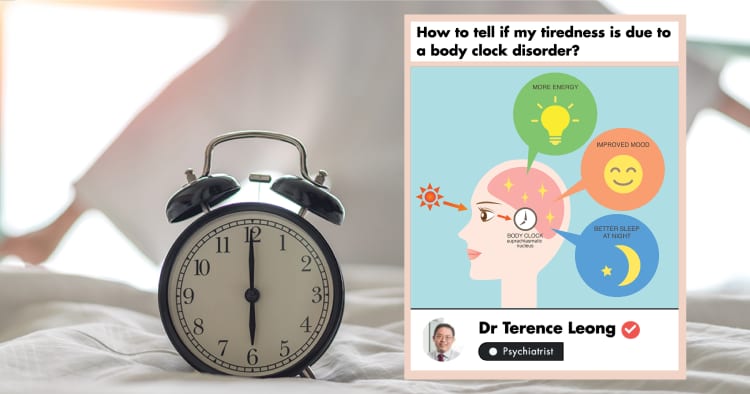Thank you for asking such an interesting question.
Who to seek treatment from largely depends on the kind of sleep problems that you have.
If you have insomnia (like problems falling asleep, maintaining sleep, waking up early in the morning), the specialist to see would be a psychiatrist who has experience in treating sleep disorders.
Problems with initiating sleep are likely to be due to:
- too much caffeine intake
- anxiety
- depression
- late night activity
- insufficient time for unwinding
Problems with maintaining sleep are likely to be due to:
- nocturia (passing urine at night)
- obstructive sleep apnea
- anxiety
- depression and alcohol ingestion
Problems with early morning awakening can be due to depression or a form of body clock disorder (advanced sleep phase syndrome).
If you have problems with loud snoring or episodes where you stop breathing in your sleep (suggesting obstructive sleep apnea), then the appropriate specialist would be a respiratory physician, ENT specialist, or a neurologist who is trained in sleep medicine.
If you have problems with excessive sleep in the daytime and think that you may have narcolepsy, the best person to see would be a neurologist who is trained in sleep medicine. Excessive daytime sleepiness can also be due to insomnia at night, obstructive sleep apnea and other psychiatric problems.




